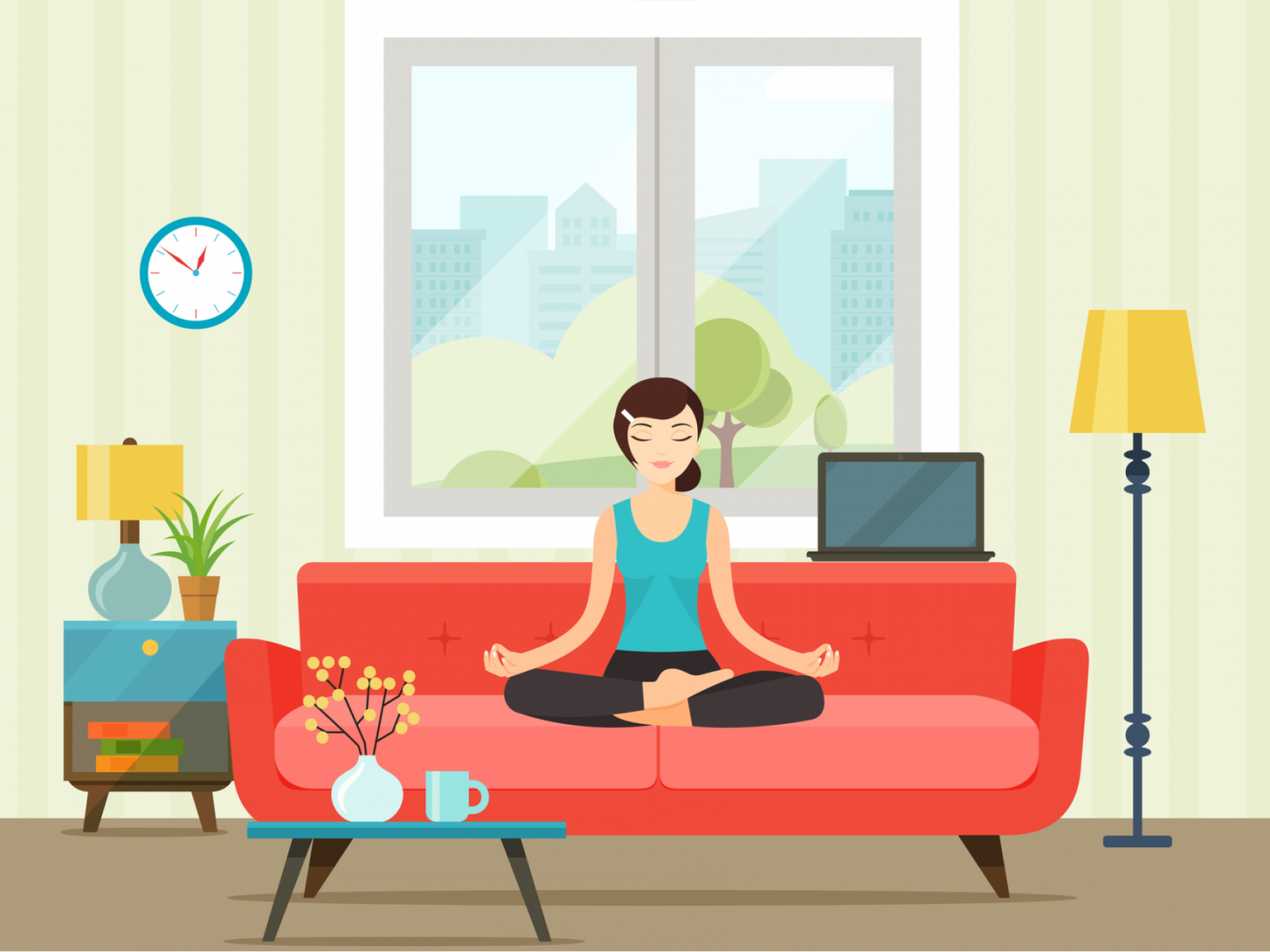Promoting Brain Health During a Time of Social Distancing

Sign up and receive information on the latest news and updates.
In these extraordinary times, we find our entire lives are being disrupted. As public health officials work to prevent the spread of COVID-19 and keep our country safe, recommendations to limit interactions through social distancing have completely changed our day-to-day interactions and our relationships with others. Maybe we can’t enjoy the company of friends and family like we usually do, or the activities we regularly enjoy aren’t available to us for the time being.
Many of us in the UsAgainstAlzheimer’s community may be in a situation where a loved one is being cared for in a group setting that’s not accepting visitors to protect the health and wellbeing of those more vulnerable to infectious disease. Many Americans may now face new reality where they’re completely separated from family or a long-term companion.
Now is the time to make sure that all of those who are affected by Alzheimer’s disease and dementia know that they’re not alone. And those with a loved one living with the disease should remember the importance of social interaction in maintaining brain health. Numerous studies have emphasized the positive impact of social activity on brain health, especially for older adults. In fact, those with dementia who are most socially active have shown slower disease progression.
We’ve been touched by your stories of hope and your creative ways you are staying in touch with loved ones.
Today, thanks to technology, there are so many ways to communicate with loved ones who are affected by this disease. Don’t take for granted the chance to stay connected and help your loved ones stay brain healthy. Here are some ideas and please share yours with us in the comments!
- Schedule a regular time each day to FaceTime or other video chat with loved ones.
- Record a video message or voice memo that can be delivered electronically
- Schedule a regular time to text in a group with family members
- Share photos via text or email of your family, something in nature
- Send clips of favorite songs or interesting articles so you can discuss them later
- Watch a show, movie, or religious service at the same time, and discuss afterward
And, with the added stress of living through this period of disruption to our normal lives, now is certainly NOT the time to neglect your own brain health. During Brain Awareness Week, part of a global campaign to foster support for brain science and health, it’s important you remember the six pillars of brain health and we have some helpful tips on how to stay brain healthy while practicing social distancing. If you haven’t already, check out the Brain Health Challenge and take the first important step towards making brain health top of mind.
The six pillars of brain health, as described by the Cleveland Clinic, are:
- Physical exercise
- Food and nutrition
- Medical health
- Sleep and relaxation
- Mental fitness
- Social interaction
Now, as I’m sure you can tell, some of these are likely to be impacted by the coronavirus. For example, social interaction is much more limited. That’s why it’s crucial we emphasize social interaction via phone, video chat, or other methods. The same goes for physical and mental fitness. Your weekly game of chess with a friend will have to be virtual – at least for now.
All of this to say, now is not the time to forget about brain health. Now is the time to be creative and explore alternative solutions. Here are a few more recommendations for brain healthy social distancing from UsAgainstAlzheimer’s:
- Stay active by doing yoga in your own home. Thanks to the internet and websites like YouTube, there are countless online instructional videos to follow along with.
- Eat brain healthy with a home-cooked meal. With many restaurants temporarily closed, now is the time to try cooking a new brain healthy recipe – maybe something with salmon and dark, leafy greens.
- Calm your mind through meditation. If you find yourself with more free time than usual, try to take ten minutes a day to meditate and reduce your stress.
Please stay safe and please remember your brain health. You’re a valuable part of our community and you mean the world to us.
